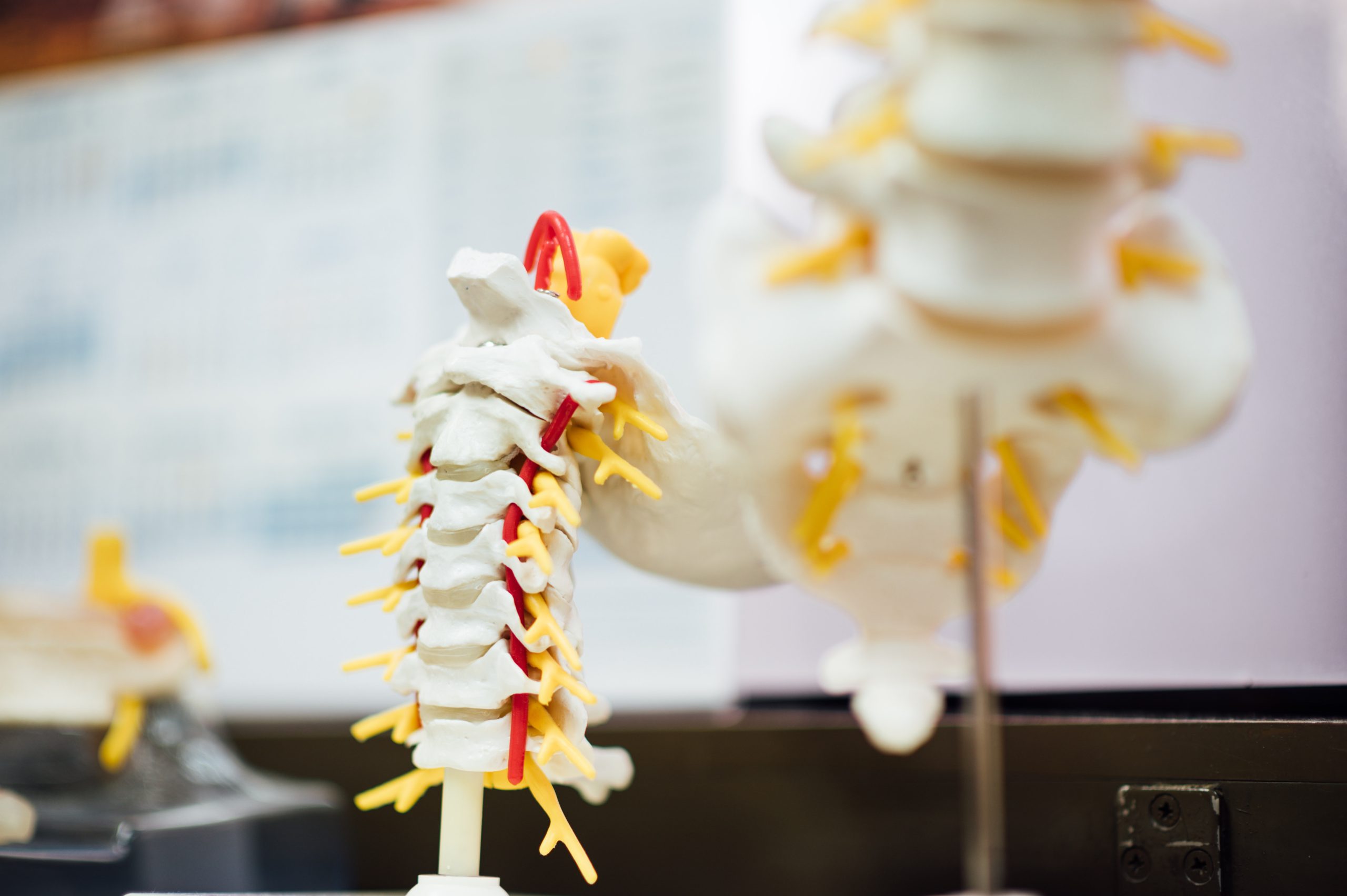Miscarriage, the loss of a pregnancy before the 20th week, is a traumatic experience that can have lasting physical and emotional effects on women. While the emotional toll of miscarriage is well known, many people are unaware of how the body responds to pregnancy loss. Understanding these physical responses can be an important step towards healing and coping with the loss.
One of the most common physical responses to miscarriage is bleeding. When a pregnancy ends, the uterus begins to shed the lining that had been preparing to nourish the developing fetus. This process can result in bleeding that can last for several days or even weeks. The amount and duration of bleeding can vary widely from woman to woman, but it is typically heavier than a normal menstrual period.
In addition to bleeding, women may also experience cramping and discomfort. These symptoms are caused by the uterus contracting as it returns to its pre-pregnancy size. Some women may also experience pain or discomfort in the lower back or pelvic region.
Another physical response to pregnancy loss is a decrease in pregnancy-related hormones. During pregnancy, the body produces hormones such as estrogen and progesterone to support the developing fetus. When a pregnancy ends, these hormone levels drop rapidly, which can lead to a range of physical and emotional symptoms. Women may experience mood swings, hot flashes, and even depression as their bodies adjust to the change.
It’s important to note that these physical responses are a normal part of the body’s natural healing process. While they can be uncomfortable and distressing, they are usually not a cause for concern. However, it’s important to monitor any symptoms closely and seek medical attention if they worsen or become severe.
In addition to the physical responses, women who experience a miscarriage may also face emotional challenges. Grief, sadness, and even guilt are common emotions that can be difficult to navigate. It’s important for women to give themselves time to process their emotions and seek support from loved ones or a professional therapist.
It’s also important to recognize that everyone copes with miscarriage differently. Some women may find comfort in talking about their experiences, while others may prefer to grieve privately. Whatever coping mechanisms are used, it’s important for women to take care of themselves both physically and emotionally.
In conclusion, coping with miscarriage is a complex and deeply personal experience. Understanding the physical responses that our bodies undergo can be an important step towards healing and moving forward. It’s important for women to take the time they need to process their emotions and seek support when necessary. By breaking the silence and stigma surrounding miscarriage, we can create a more supportive and understanding community for women.




